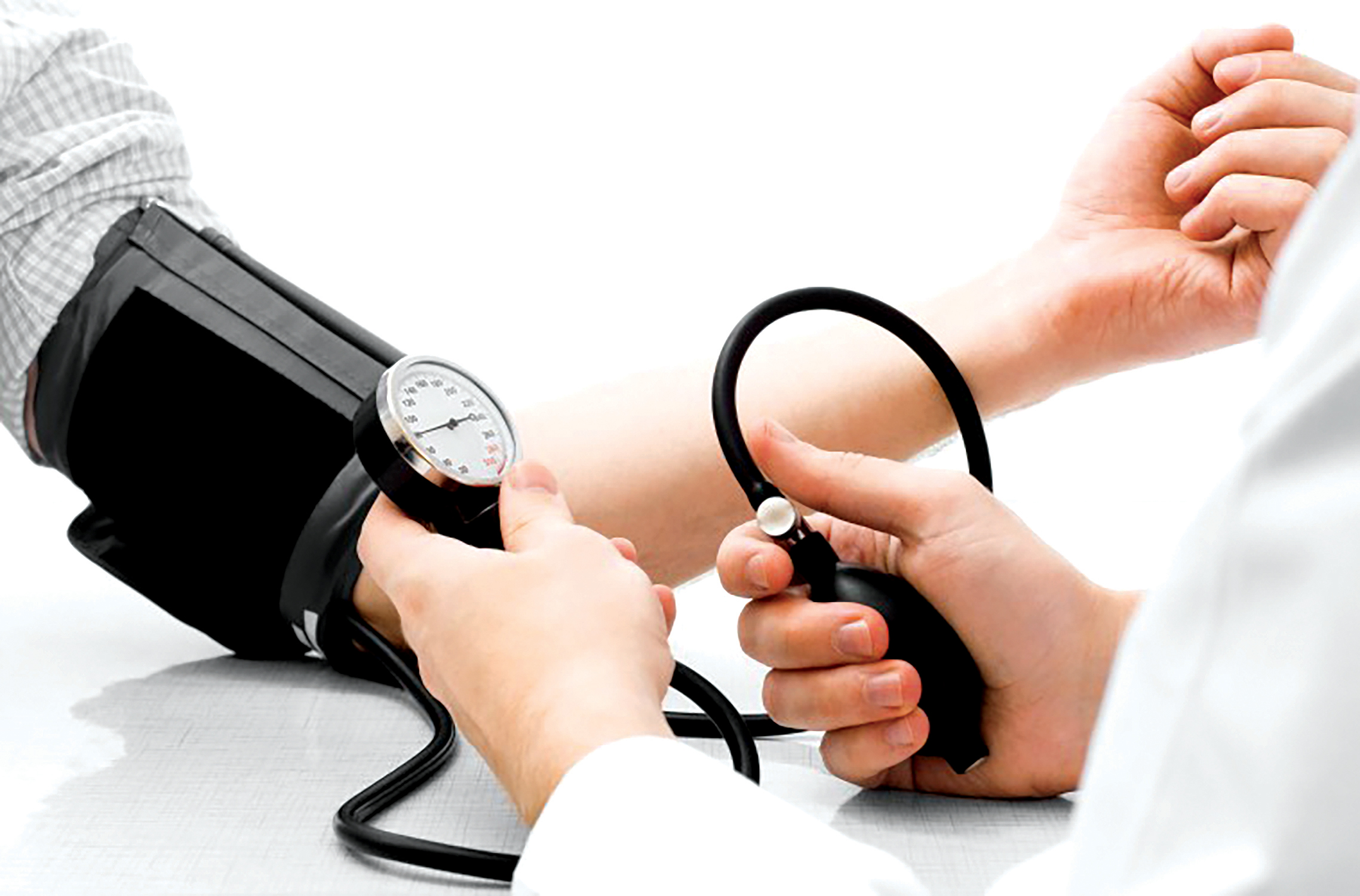Add this to your New Year Resolutions: ‘Go for an annual health check’. Routine screening helps to catch early signs of trouble
Annual health checks are a must – even when you think you are in good health. Let doctors evaluate your state of wellbeing. There’s a chance some trouble may be brewing, so early diagnosis can prevent or treat any existing condition and you can initiate lifestyle changes. This is especially helpful for heart disease, cancer, diabetes and blood pressure.
Tests are an important part of preventive healthcare — many corporates require new recruits to undergo a checkup before joining and have introduced annual health checkups for their employees. The idea is to look for risk factors and get an early diagnosis of a disease, if any. The main risk factors to look out for are high BP, high/low cholesterol, obesity, smoking, family history, lack of exercise, exposure to pollution, dental cavities, gum disease and skin conditions. Then there is high blood sugar, which may not show any symptoms in the early stage.
Many of these conditions can be prevented by lifestyle changes — diet, exercise and stress reduction. Encourage your friends and family to have these screenings annually – and set an example yourself. Research done by Dr Kartik Gupta, an AIIMS physician, reveals that one in five young adults in India has high BP. This is equivalent to around 80 million people, which is more than the entire population of Britain. So BP screening should start even before the age of 30.
What do health checks include? Typically, records are made of clinical history, family history, lifestyle information, complete haemogram, lipid profile, X-ray, ultrasound, lung function test, cardiac test, bone density, kidney function test and liver function test. Subsequent checks depend on age, gender and medical history. For instance, if cholesterol levels are fine, you don’t need another routine check for another five years.
At what age should one start going for routine testing? Dr Surajit Chatterjee, specialist in Internal Medicine at Apollo says, “Though the age when a healthy individual should go for a checkup varies according to the clinical profile, we can say on average a routine medical checkup should be done for the first time at the age of 35. And definitely for those with a family history of diabetes, high cholesterol, liver and kidney disease.”
As for women, they should go for mammography and pap smear by the age of 40-45 years. Till then the hormones offer protection from cardiac disease, but after that, heart checkup is also required.
Asked about people’s fears that routine checkups will lead to more diagnostic tests, leading to huge expenditure, Dr Chatterjee says this will not happen in an ethical practice. For instance, if there is a risk of cardiac disease, the doctor will ask for a treadmill test, which can catch early signals and prevent the need for invasive angiography at a later stage.
In his experience, do tests lead to early diagnosis? He says, “So many times, we have picked up signals even when there are no symptoms, especially in the case of blood sugar, cholesterol, kidney dysfunction, thyroid and hypertension. A patient who often suffers from headaches may have high BP. Without the tests, she would not know the reason.”
Apart from these tests, you need to go for a dental examination once or twice every year. An eye test every two years is vital for those who have vision problems — earlier, if your doctor recommends it. Remember the old proverb: Prevention is better than cure.
Dr Reshma is an advocate of wellness, prevention and holistic health. Instagram handle: dr.reshmakhattarbhagat n





